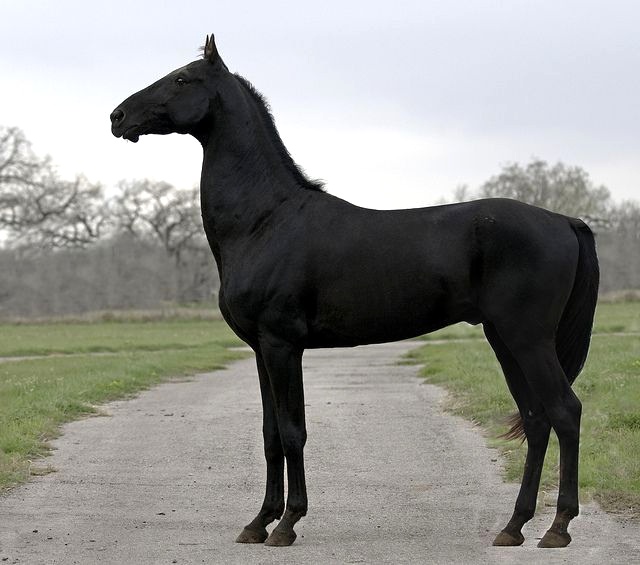Whether or not race horses know they are competing in a race has been a topic of debate for centuries. From the days of chariot racing in Ancient Rome to the modern-day Grand National, people have speculated about the level of awareness of these animals. This article will explore the evidence for and against the notion that race horses know they are racing.
History of the Debate
It is impossible to pinpoint when the debate surrounding the awareness of race horses began. Since the earliest days of organized horse racing, people have wondered if the animals were simply following orders or if they had some level of understanding of what was happening.
Theories from Ancient Times
In Ancient Greece and Rome, views on the intelligence of horses played a part in the debate. Philosophers such as Aristotle and Plato believed that horses were capable of understanding commands and being trained to race. However, they also noted that race horses may be responding to their own instinct, rather than knowing what they were doing.
Theories from the Middle Ages and Renaissance
In the Middle Ages, the concept of ‘horsemanship’ emerged. This involved training horses to understand and obey their rider’s commands. This was seen as a sign that horses were capable of understanding what was happening in a race, although it was not a widely accepted view.
In the Renaissance, the debate continued, with some people arguing that horses had a basic understanding of racing, while others argued that they were simply following orders.
Modern Perspectives
In the modern day, the debate has shifted to focus on the behavior of race horses. In recent years, the use of technology has allowed us to observe the behavior of race horses more closely.
Observation of Race Horse Behavior
Analysis of race horse behavior has been used to support both sides of the debate. Some studies have shown that race horses demonstrate signs of excitement and anticipation, indicating that they know they are racing. Other studies have suggested that they are simply following orders and responding to cues from their riders.
Observation of Race Horse Training
The way race horses are trained can also provide insight into the debate. Race horses are usually trained to respond to commands and signals, and this can be seen as evidence that they understand what is expected of them.
Biochemical Evidence
Biochemical analysis of race horses has also been used to examine the debate. Studies have shown that race horses have higher levels of adrenaline and cortisol than normal, indicating that they understand what is happening in a race.
Factors Influencing Race Horse Awareness
There are a number of factors that can influence a race horse’s level of awareness. The age, breed, and experience of the horse can all play a role in how much they understand about racing.
Age
Younger horses tend to have a lower level of awareness than older horses. This is because they are less experienced and have not had as much time to learn and understand the commands and signals they are expected to follow.
Breed
Different breeds of horses can have varying levels of awareness. Some breeds, such as thoroughbreds, are more commonly used in racing and have had more time to learn and understand what is expected of them.
Experience
The amount of experience a race horse has can also influence their level of awareness. Horses that have raced more often are likely to understand more about what is happening during a race than those that are new to the sport.
Conclusion
Whether or not race horses know they are competing in a race is a complex issue that is still being debated. From the theories of Ancient philosophers to modern-day biochemical analysis, people have tried to answer this question. The evidence suggests that race horses have some level of understanding of what is happening in a race, although this can vary depending on the age, breed, and experience of the horse.

